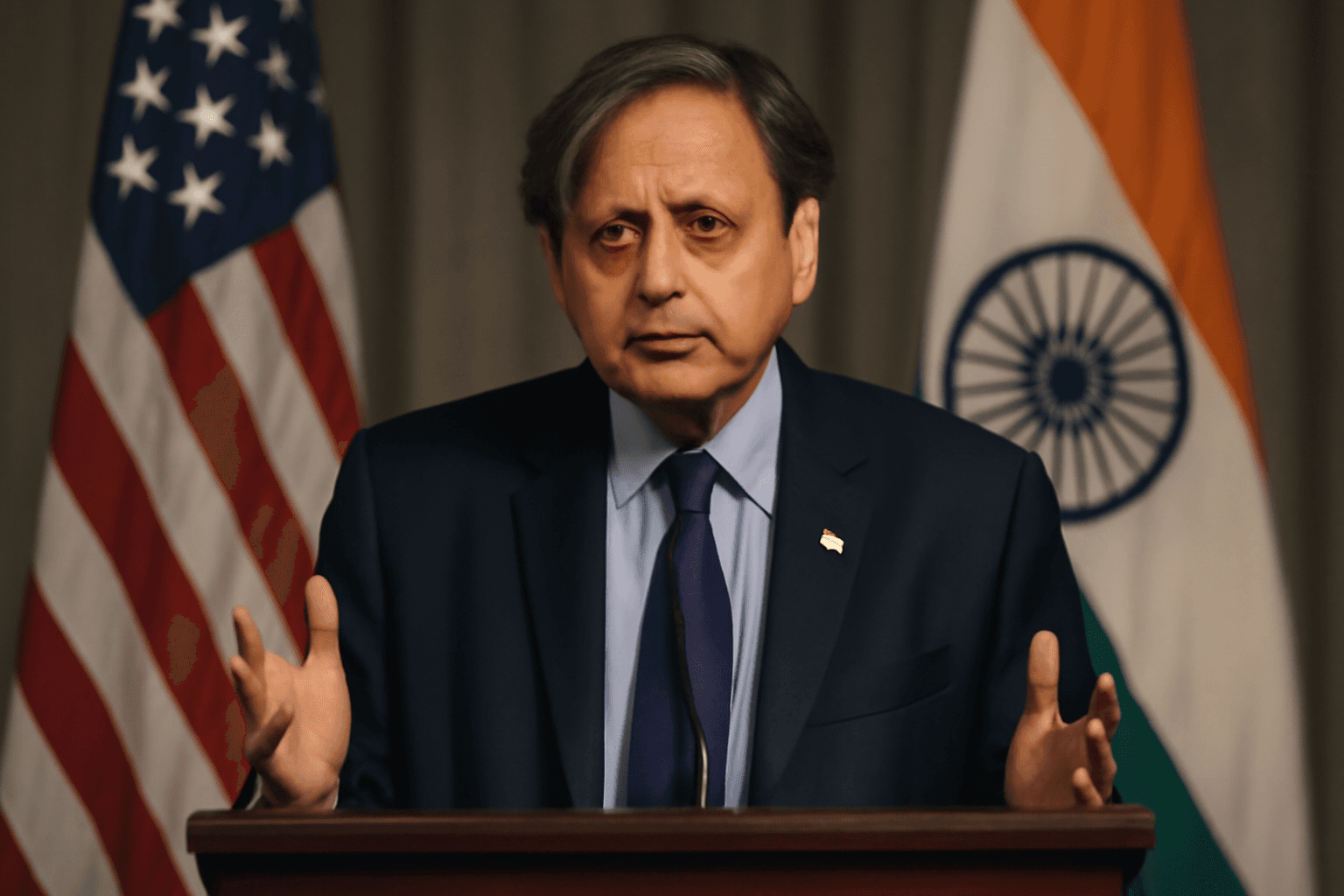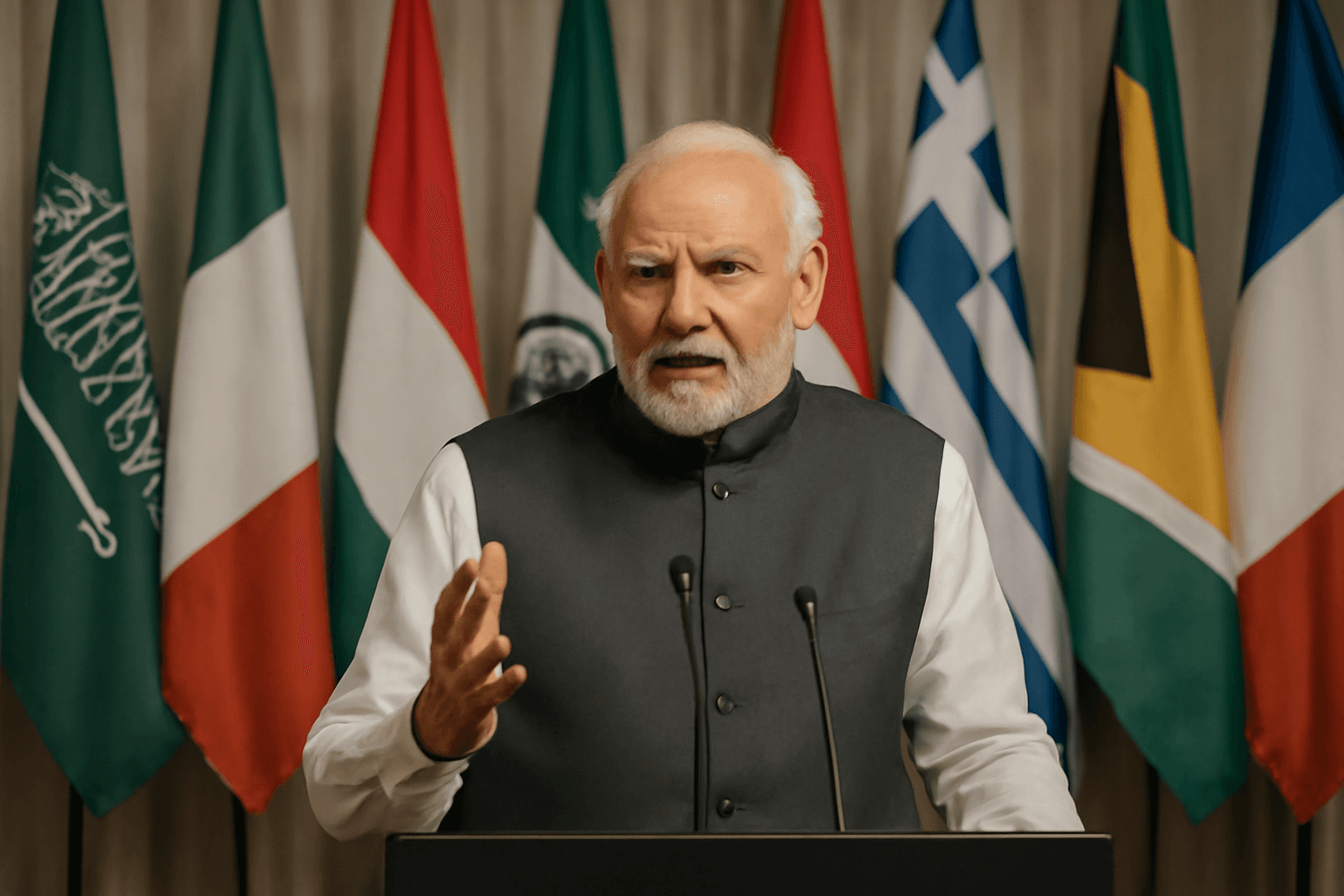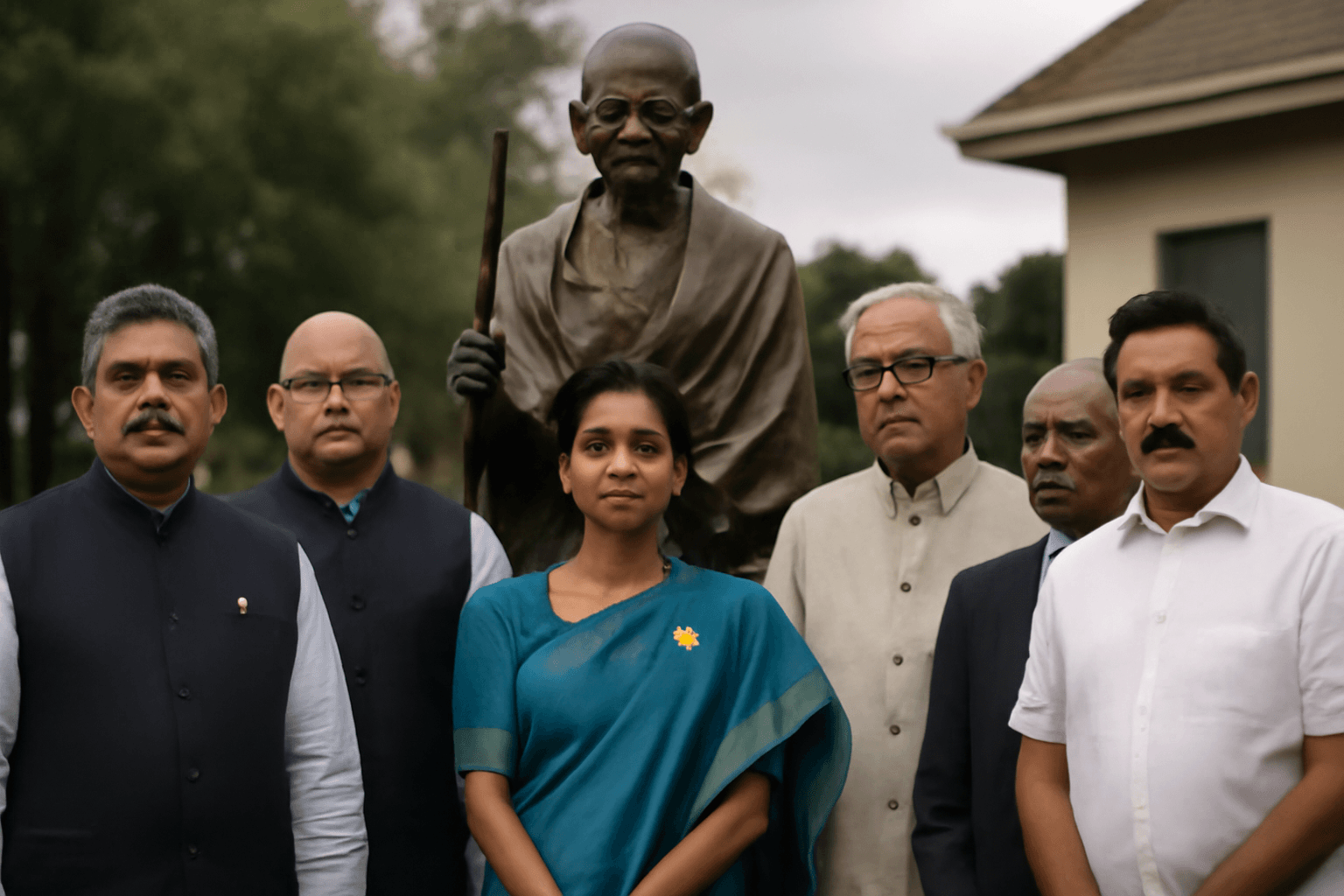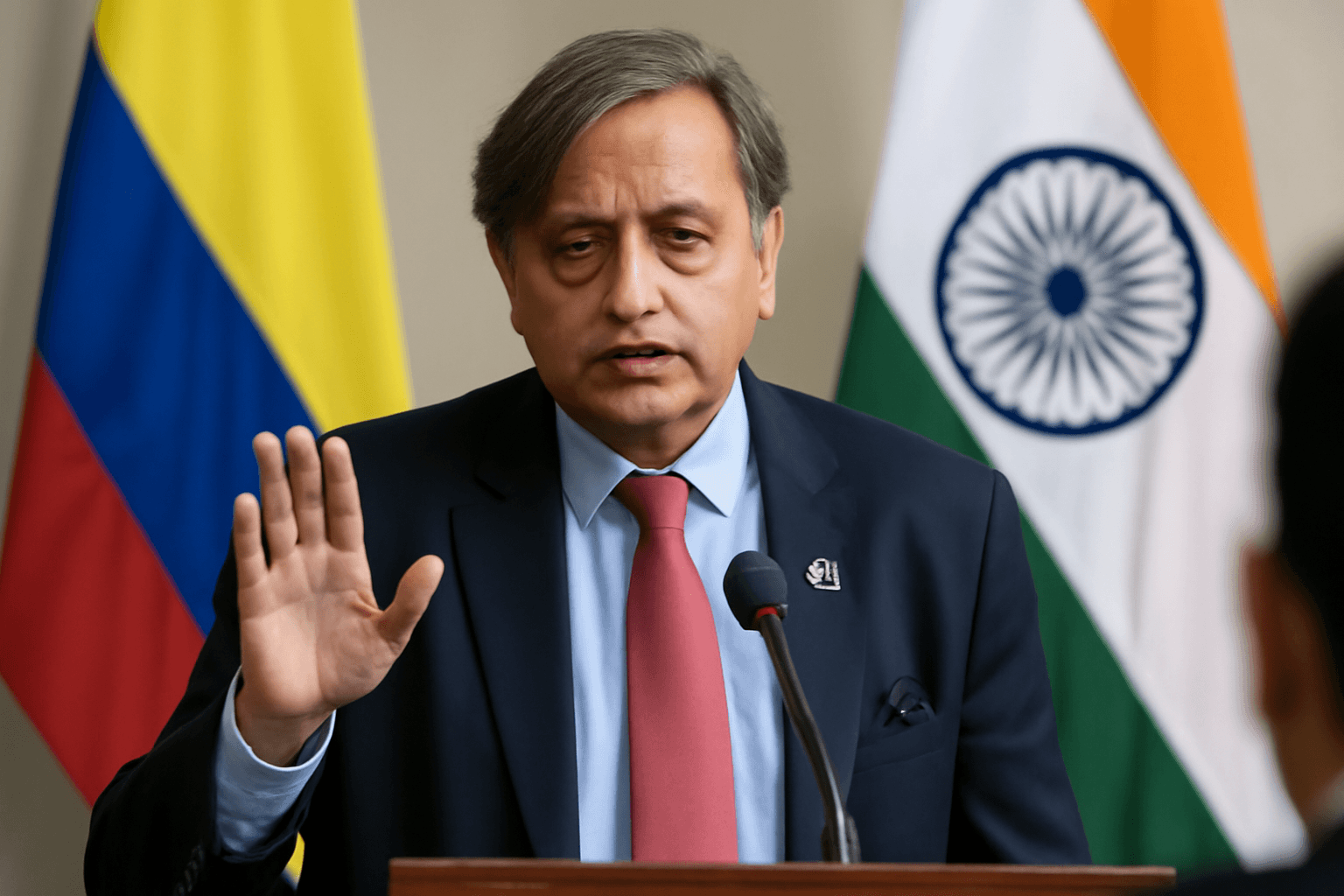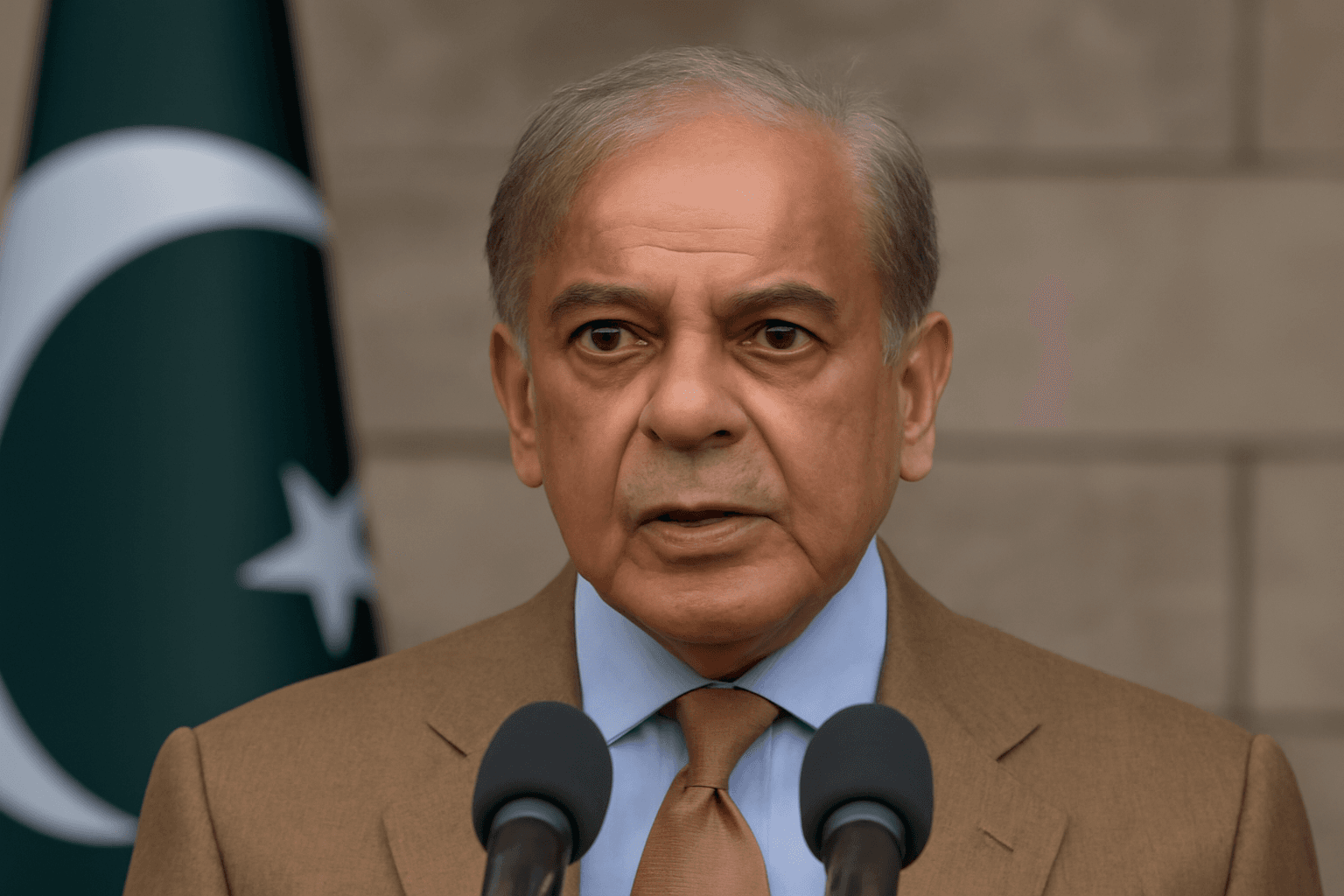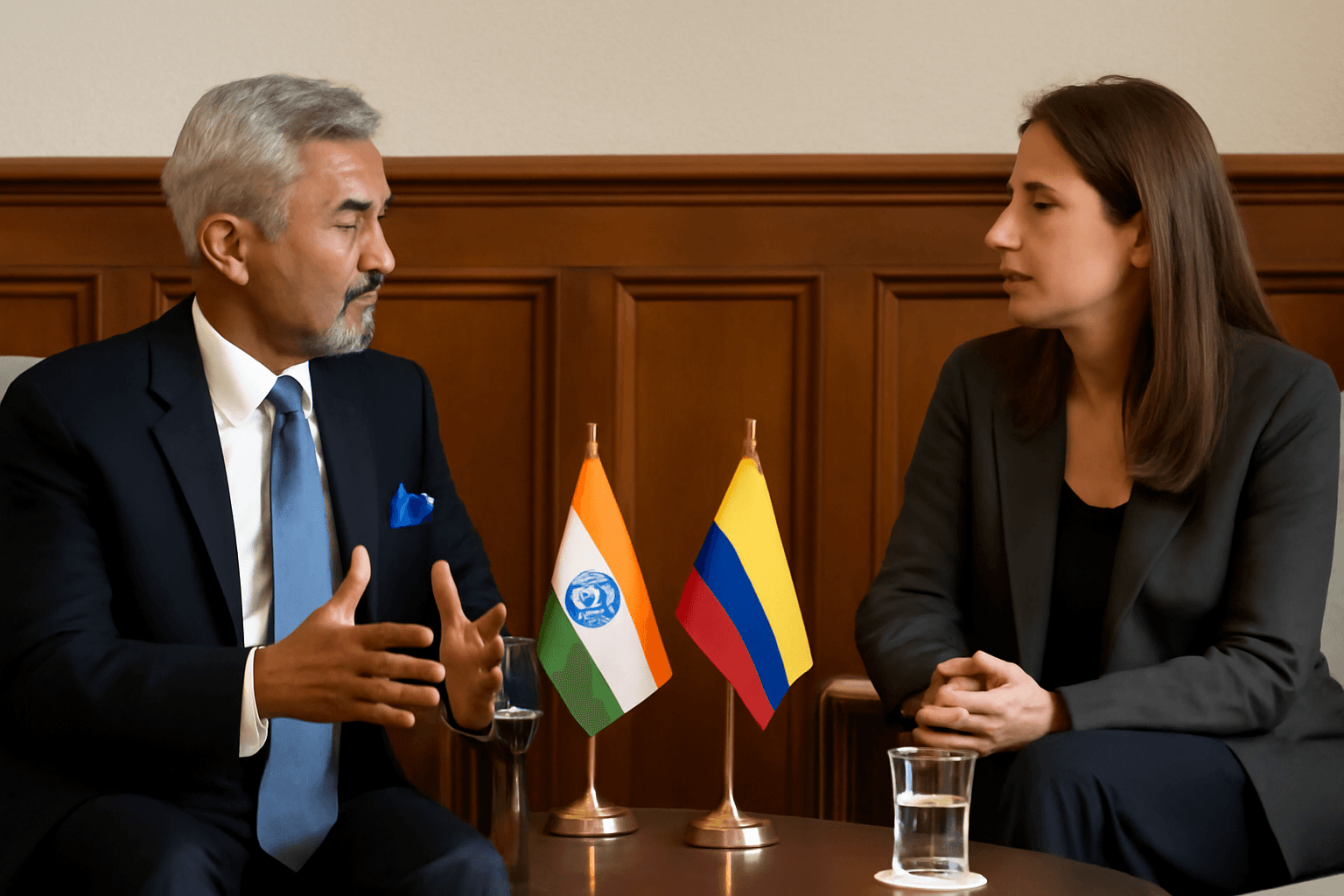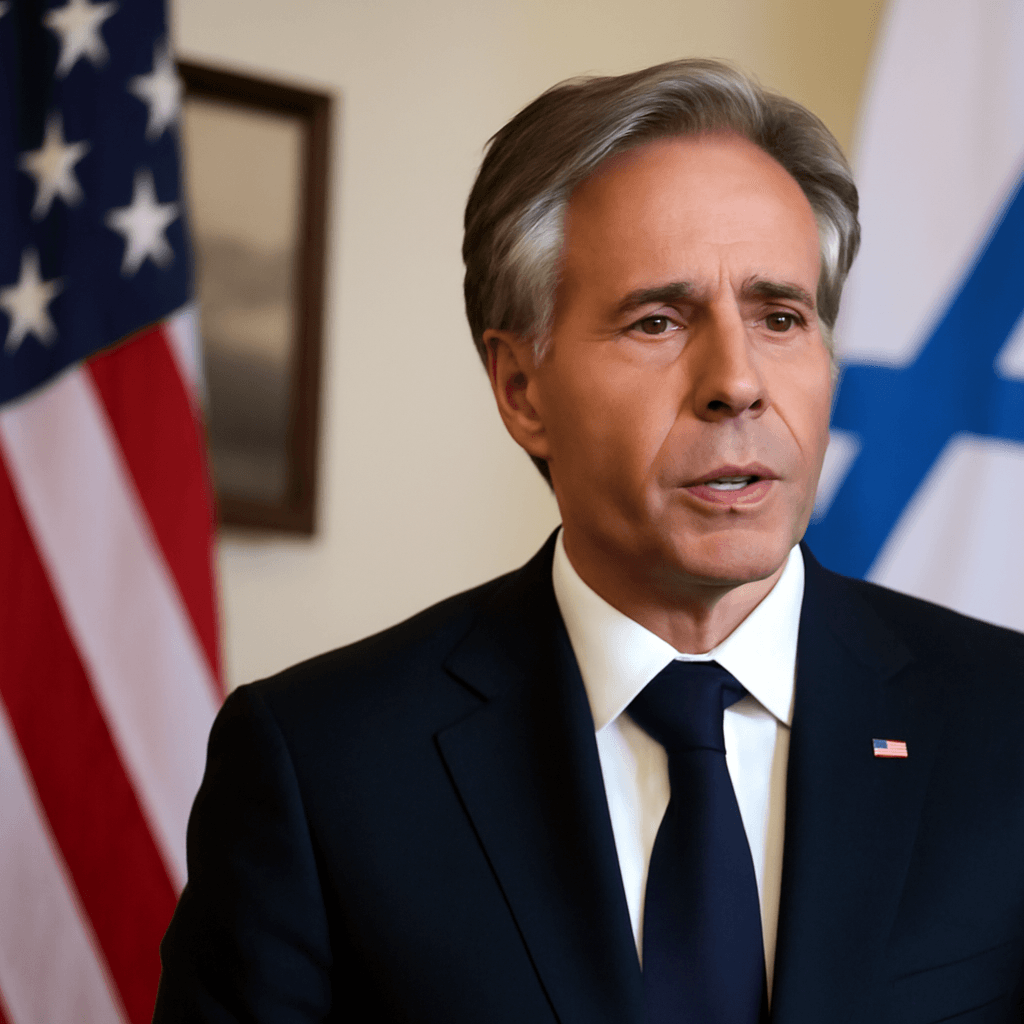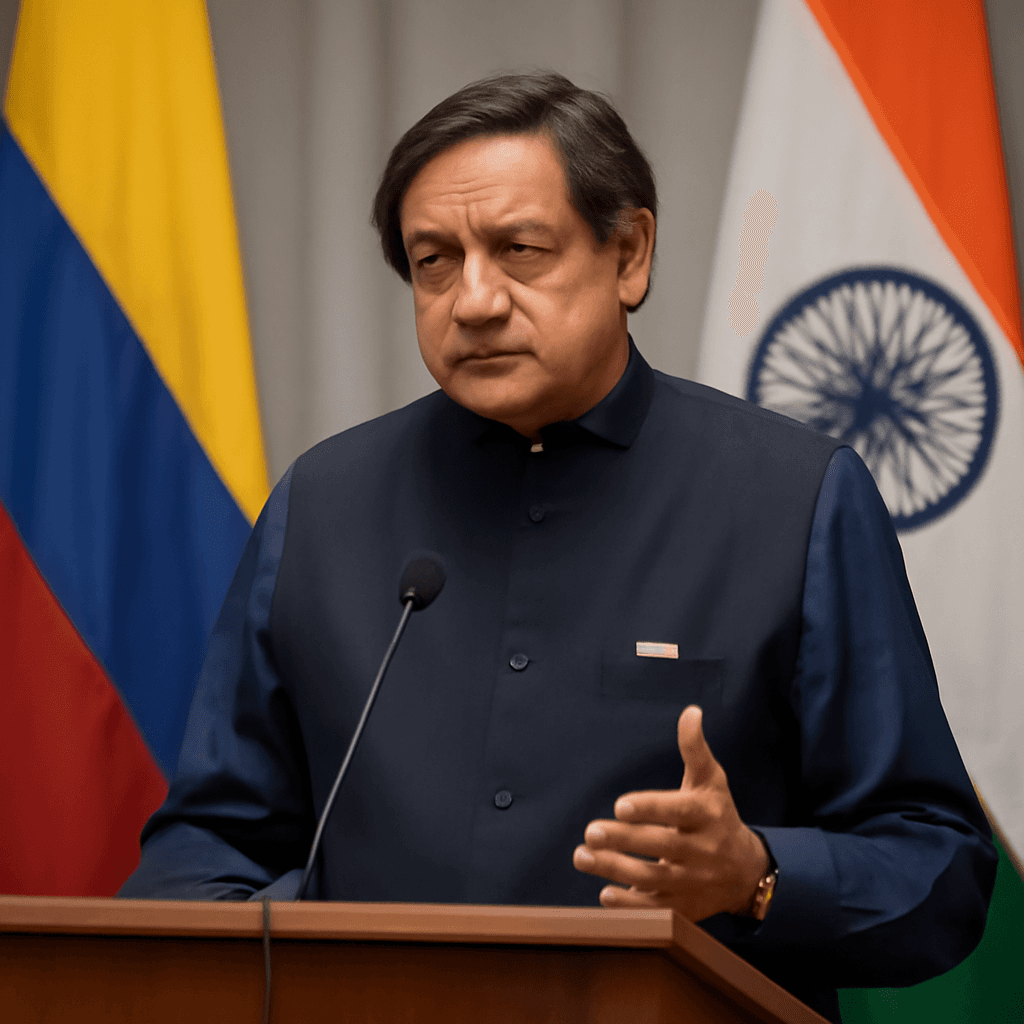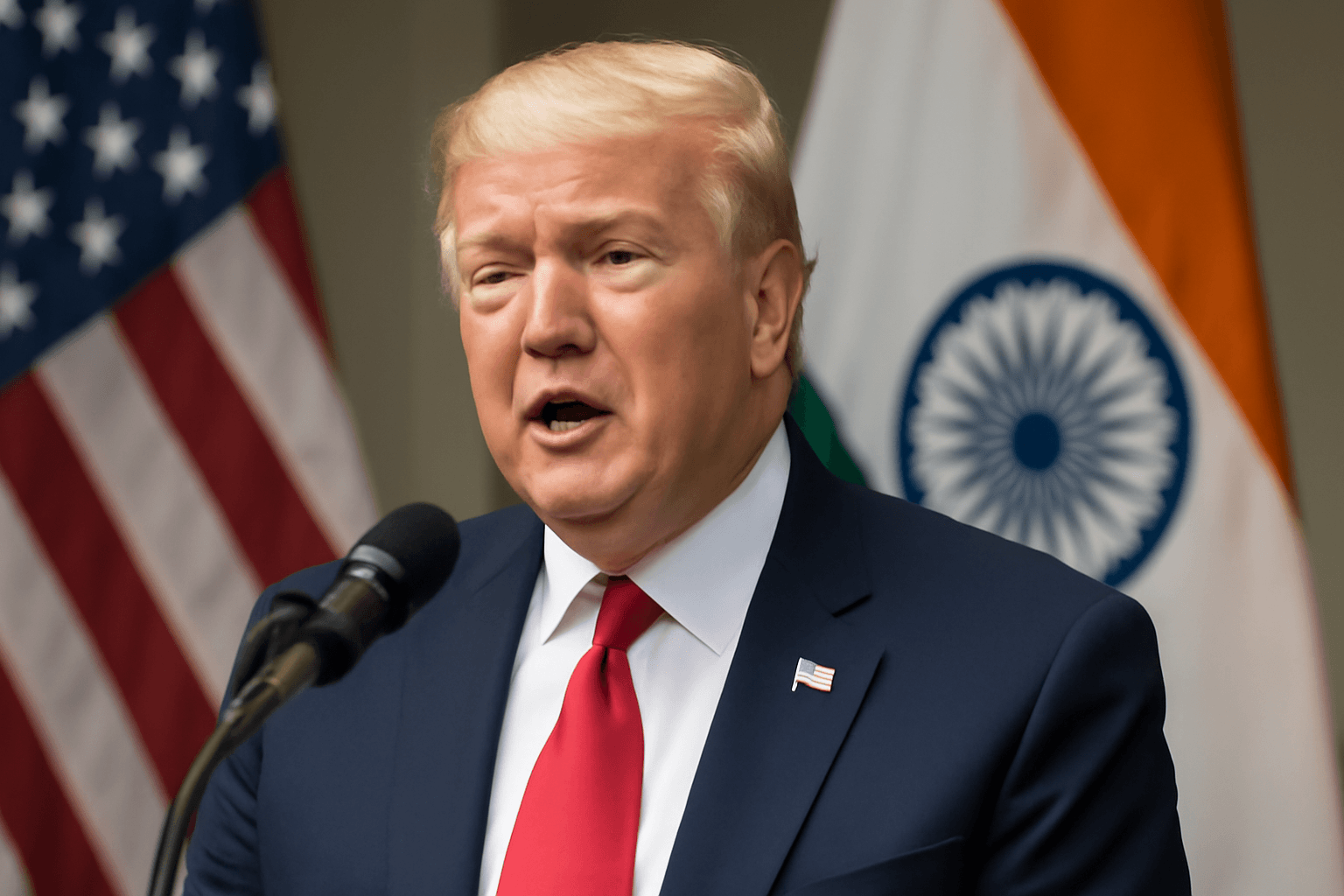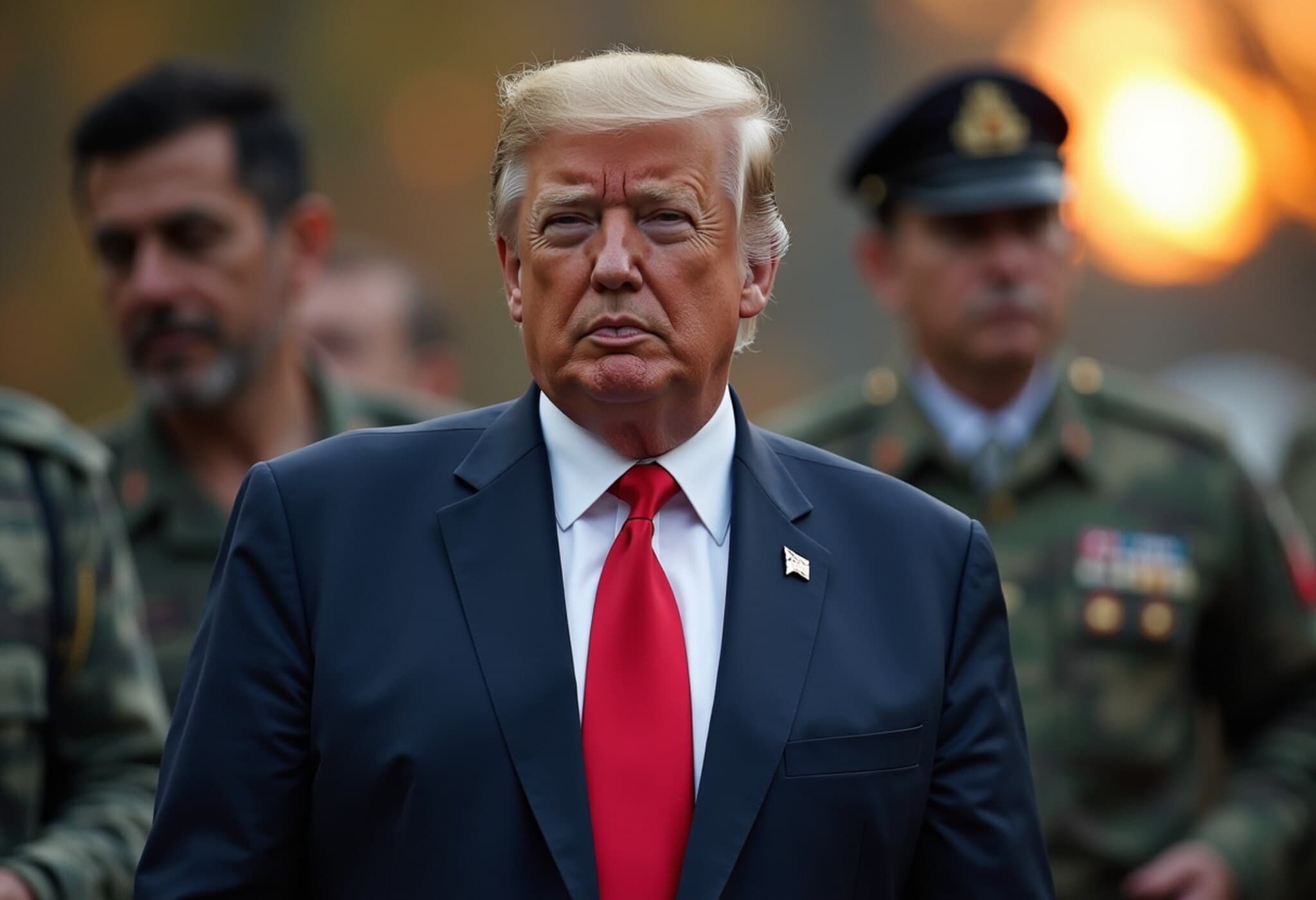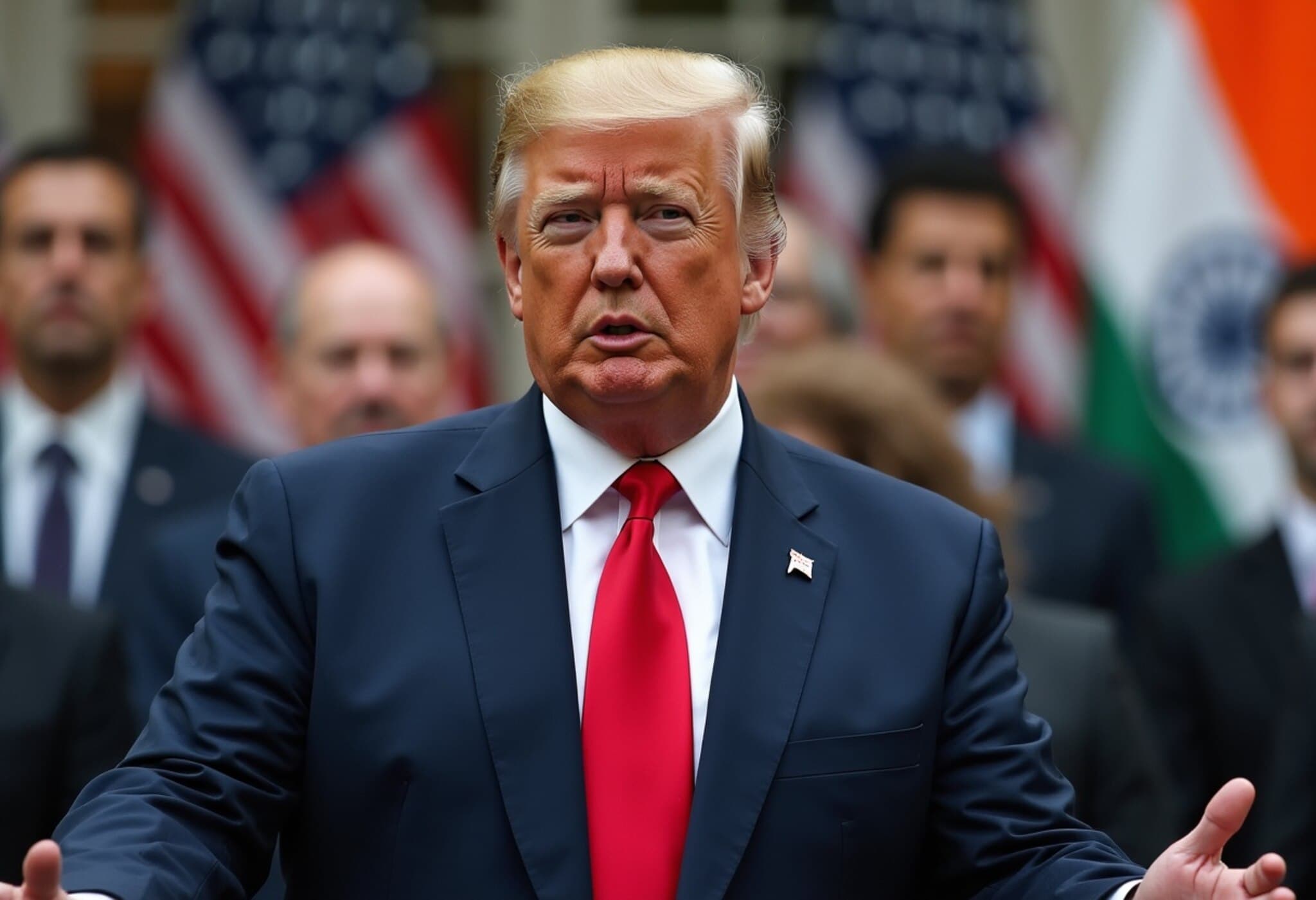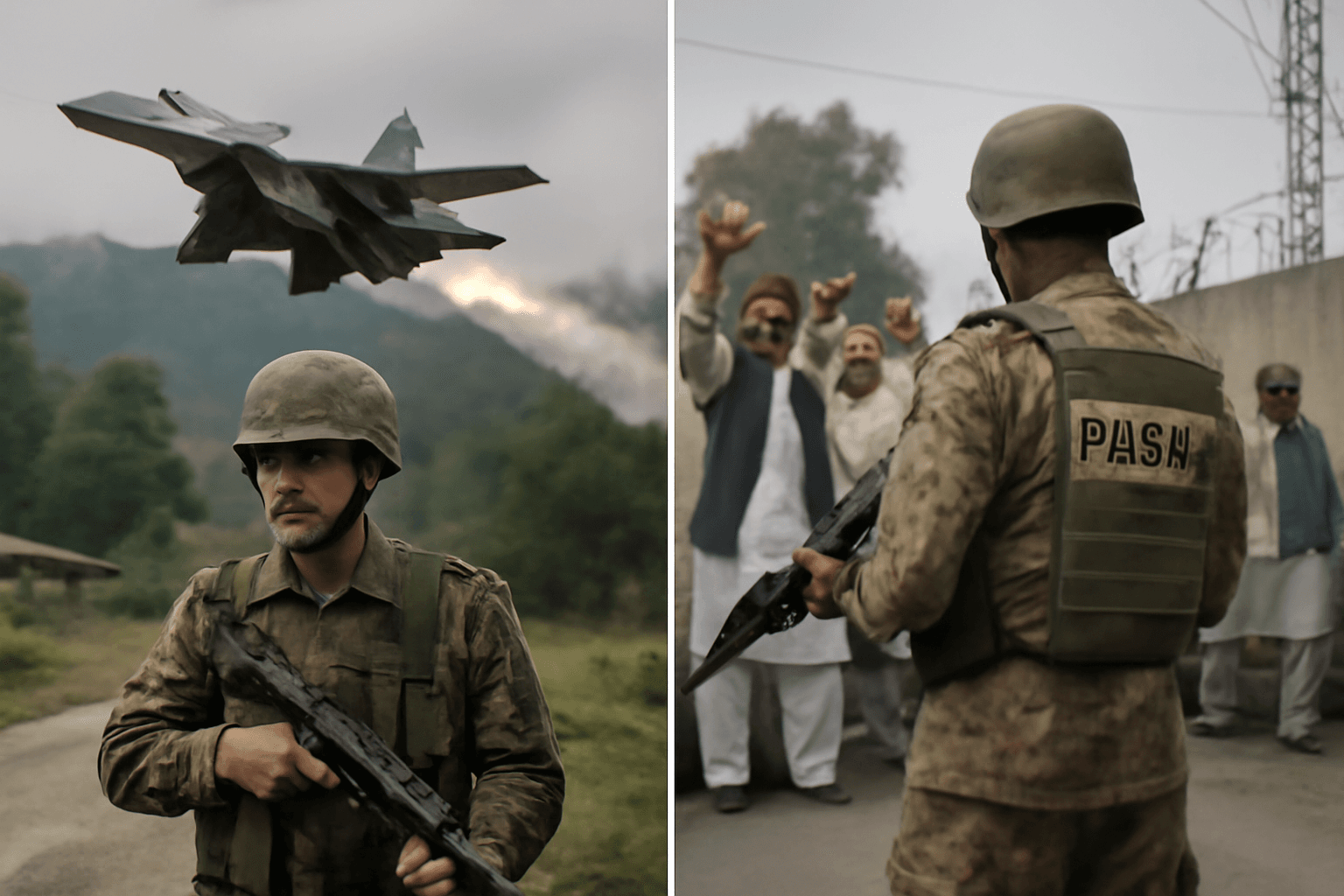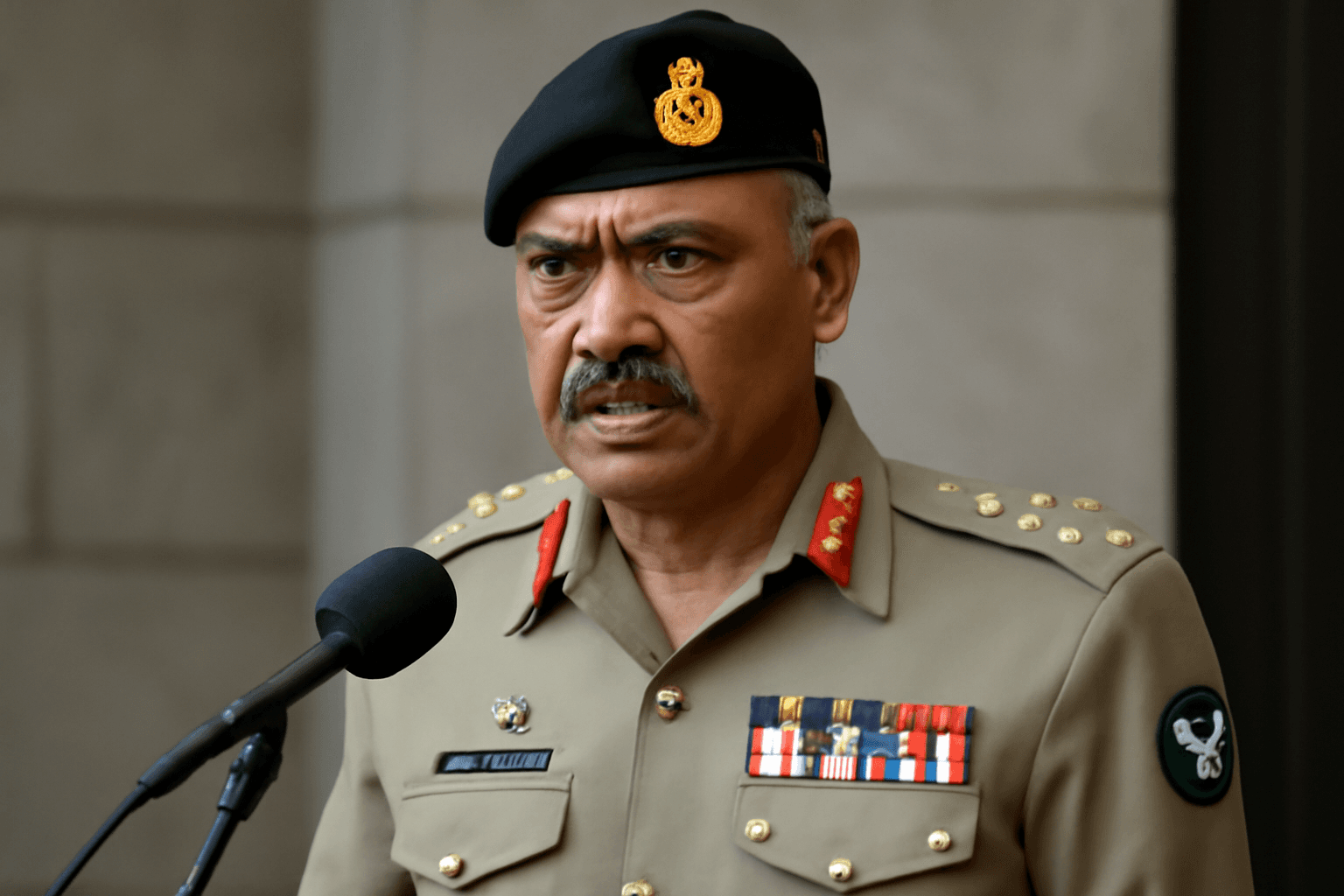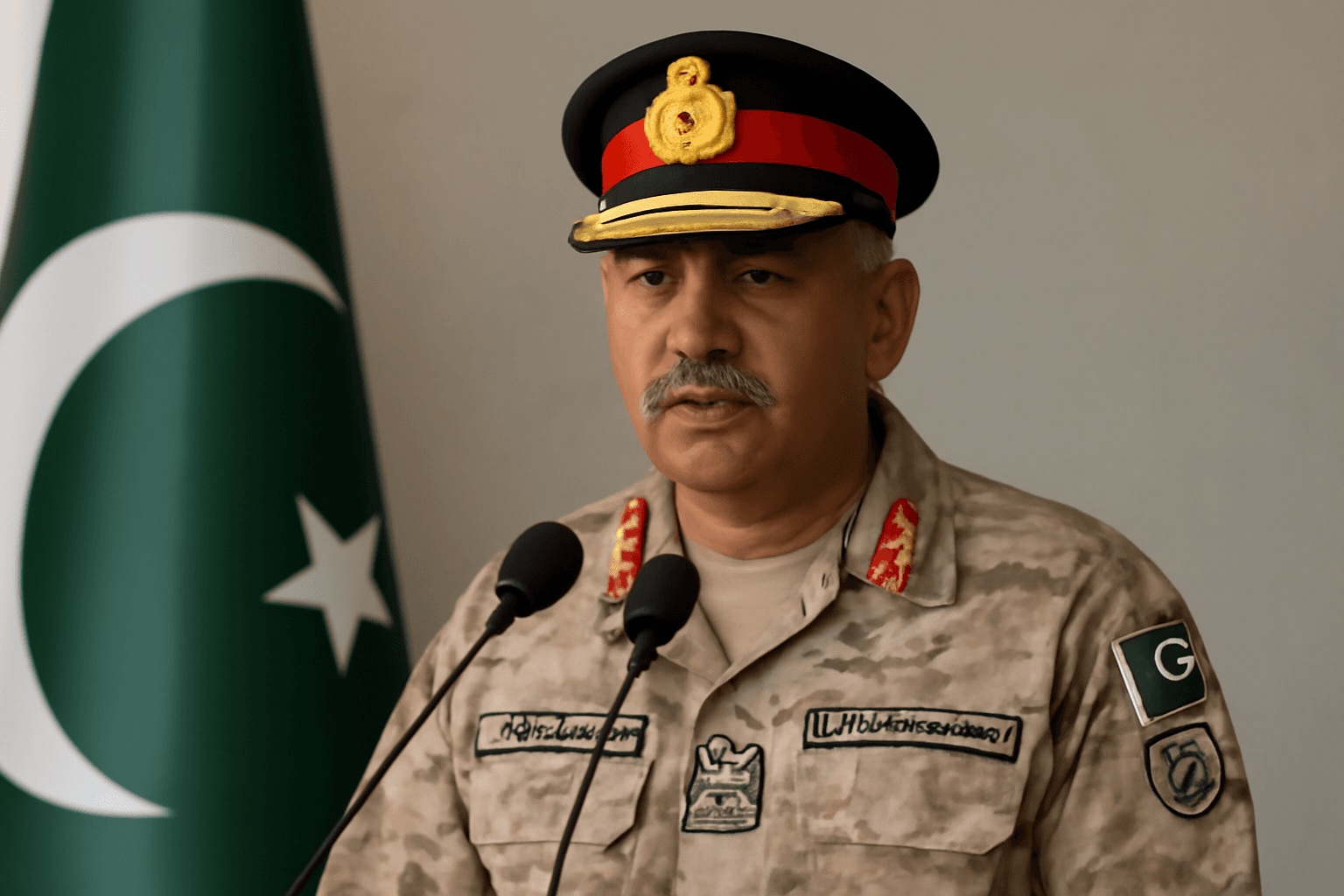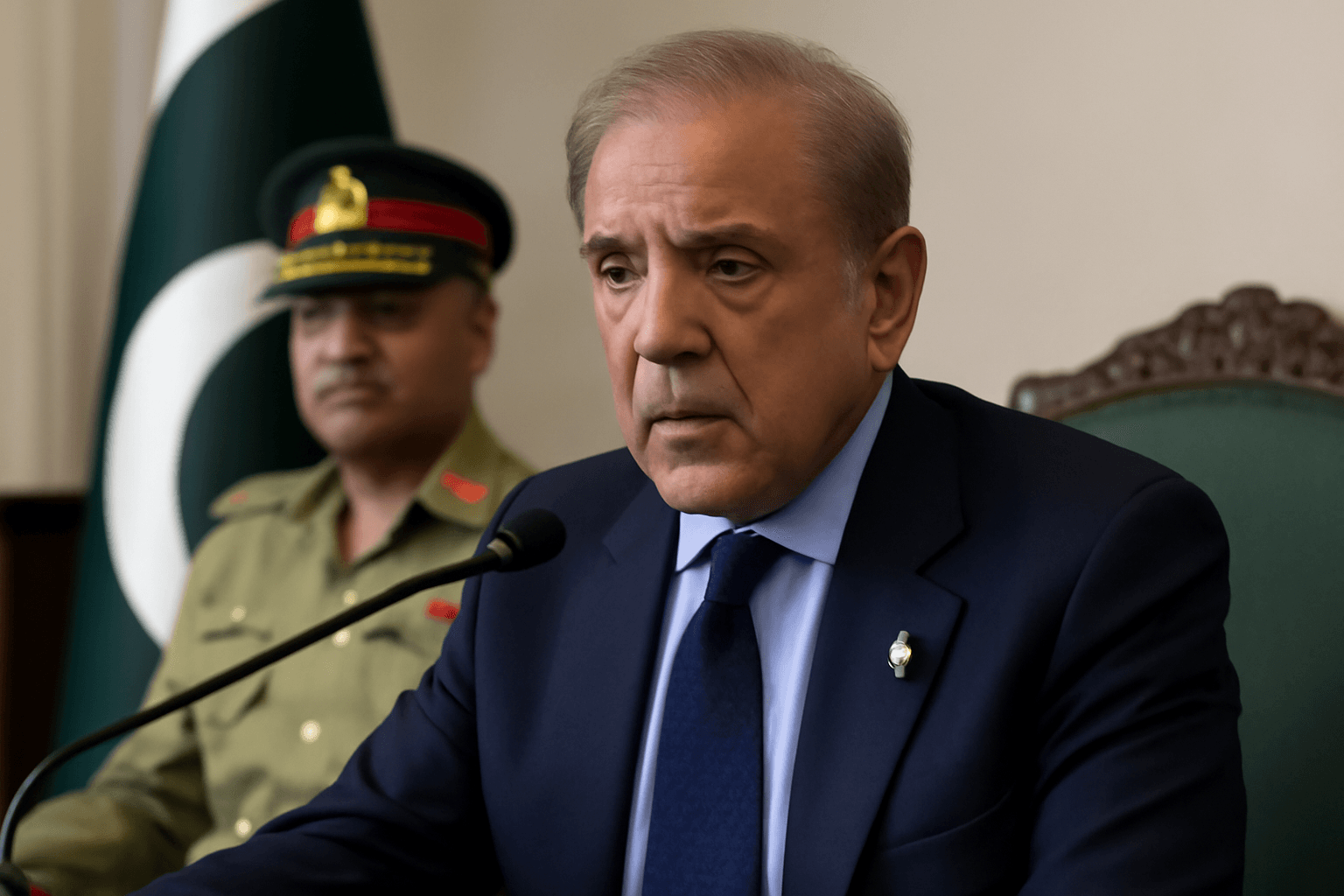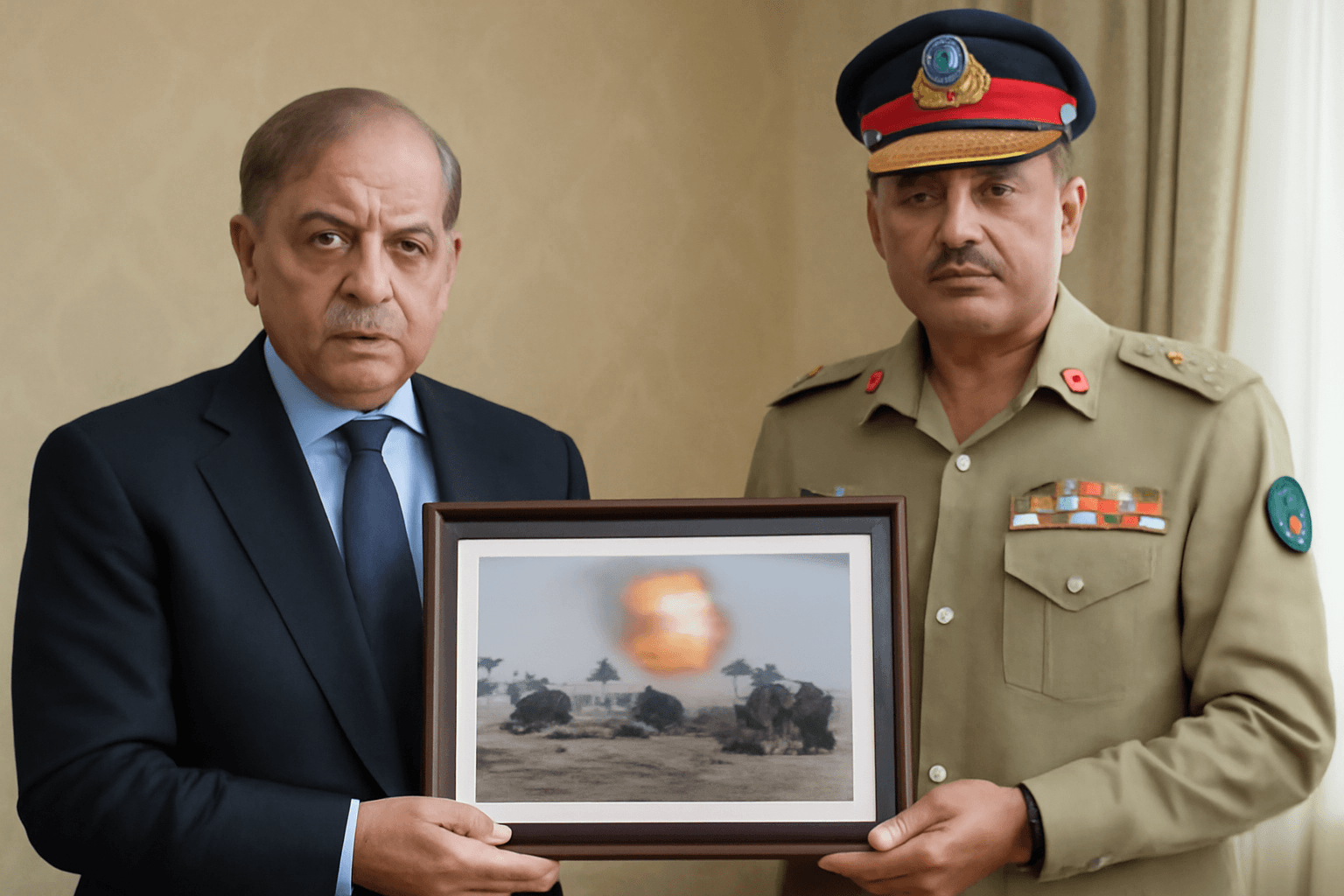NEW DELHI: External Affairs Minister S. Jaishankar chaired a significant meeting on Monday with the Consultative Committee of Parliament focusing on cross-border terrorism. The session delved into the military operation known as Operation Sindoor, initiated on May 7 in retaliation to the Pahalgam terror attack on April 22. This operation successfully targeted major terror hubs in Pakistan and Pakistani-administered Jammu and Kashmir, resulting in the elimination of over 100 terrorists from groups such as Jaish-e-Mohammed, Lashkar-e-Taiba, and Hizbul Mujahideen.
In addressing opposition concerns, the government refuted claims made by Congress leaders regarding prior notifications to Pakistan before the military strikes. EAM Jaishankar asserted that there was 'absolutely no conversation' with Pakistan regarding the operation until it was completed. He indicated that the official sequence of events included the execution of strikes first, followed by a press release from the Press Information Bureau, and subsequent communication from India's Director General of Military Operations (DGMO) to his Pakistani counterpart. Jaishankar emphasized that any notion of miscommunication about these events was a misrepresentation.
Following the military action, the Indian government undertook extensive diplomatic outreach. Reports indicate that seven multi-party delegations were dispatched to reinforce India's commitment to a zero-tolerance policy towards terrorism. Most nations responded positively, with exceptions notably being Turkey, China, and Azerbaijan. A recent statement by German Foreign Minister Johann Wadephul praised India's right to defend itself against terrorism.
Despite this, Congress members expressed dissatisfaction during the meeting, raising questions about India's stance on International Monetary Fund (IMF) matters concerning Pakistan, the deepening Sino-Pak ties, and concerns about the U.S. role in facilitating dialogue.
Regarding U.S. President Donald Trump’s involvement in India-Pakistan relations, Jaishankar reiterated that India’s position remains firm: 'terror and talks cannot coexist.' He clarified that the decision to cease military operations was a bilateral agreement initiated by Pakistan's request, with no U.S. mediation in effect.
On the topic of the Indus Water Treaty, MPs inquired about India's future adherence to the agreement. The government confirmed that the treaty is currently in abeyance and pledged to keep parliamentarians informed about forthcoming developments. Jaishankar concluded the meeting with a call for national unity, underlining the importance of presenting a united front.


